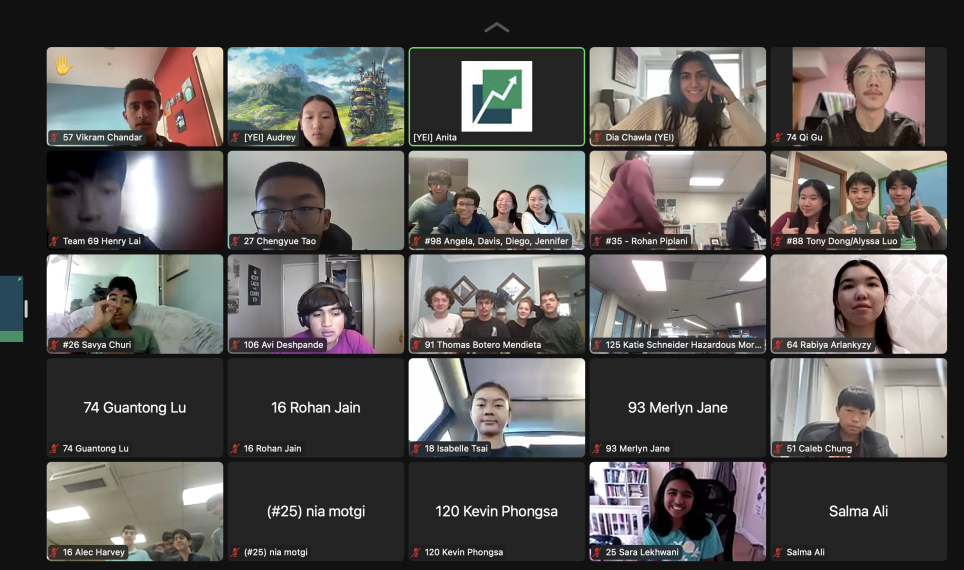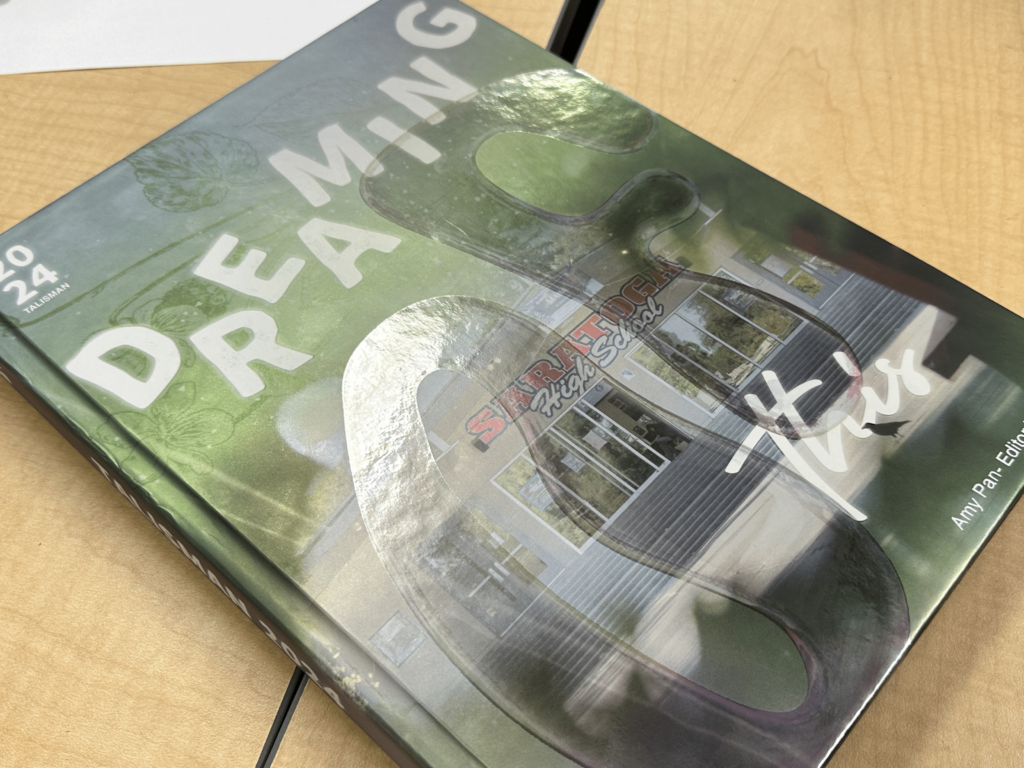What is structural unemployment and what is an example? When is something socially optimal?
These were some of the questions that four members of the school’s Economics Club answered while competing at the fifth annual EconBowl, a team-based and two-stage economics competition. The competition was hosted virtually on Zoom on Nov. 11 by the Youth Economics Initiative for students grades 6 through 12. Questions were based off of AP curriculum, YEI’s curriculum, and other practice tests.
Due to the date overlap with the American Mathematics Competition (AMC 10/12), several other members who planned to compete were unable to do so. The school, which competed with three teams last year, only had one independently registered team for this year’s tournament, consisting of freshman Sanyukta Ravishankar, sophomores Arahan Balasubramanian and Florence Hu and junior Brandon Wang. The team placed 37th of 160 overall.
The first phase of the competition required teams of three to four people to work together to solve 60 problems in under 60 minutes. The top eight of the 160 total teams then advanced to the Quiz Bowl portion, consisting of 19 combined non-calculation and calculation problems.
While the SHS team did not make it to this portion, members found that participating was a nonetheless good experience for them to learn more about economics outside of the standard AP Microeconomics and Macroeconomics exams.
“This is my first high school economics competition, so [I was] pretty nervous because it’s supposed to be harder than the AP [test],” Ravishankar said. “I’ve had to do a lot of extra work outside to study.”
Ravishankar noted that the questions in the competition proved more difficult than expected, especially as they had a strong emphasis on the current state of the U.S. economy and foreign policy, which is not covered in the two AP Economics exams.
Another challenge they faced was being unfamiliar with key terms throughout the test.
Hu felt that the team was overall underprepared for the exam. However, she enjoyed the experience of competing in a large-scale economics tournament — like Ravishankar, it was her first time being exposed to such an event.
“I didn’t have high expectations, but I think it was a cool learning experience,” Hu said. “I just wanted to know what an economics competition would be like and what sort of questions would be on there. It was a pretty good experience.”



























